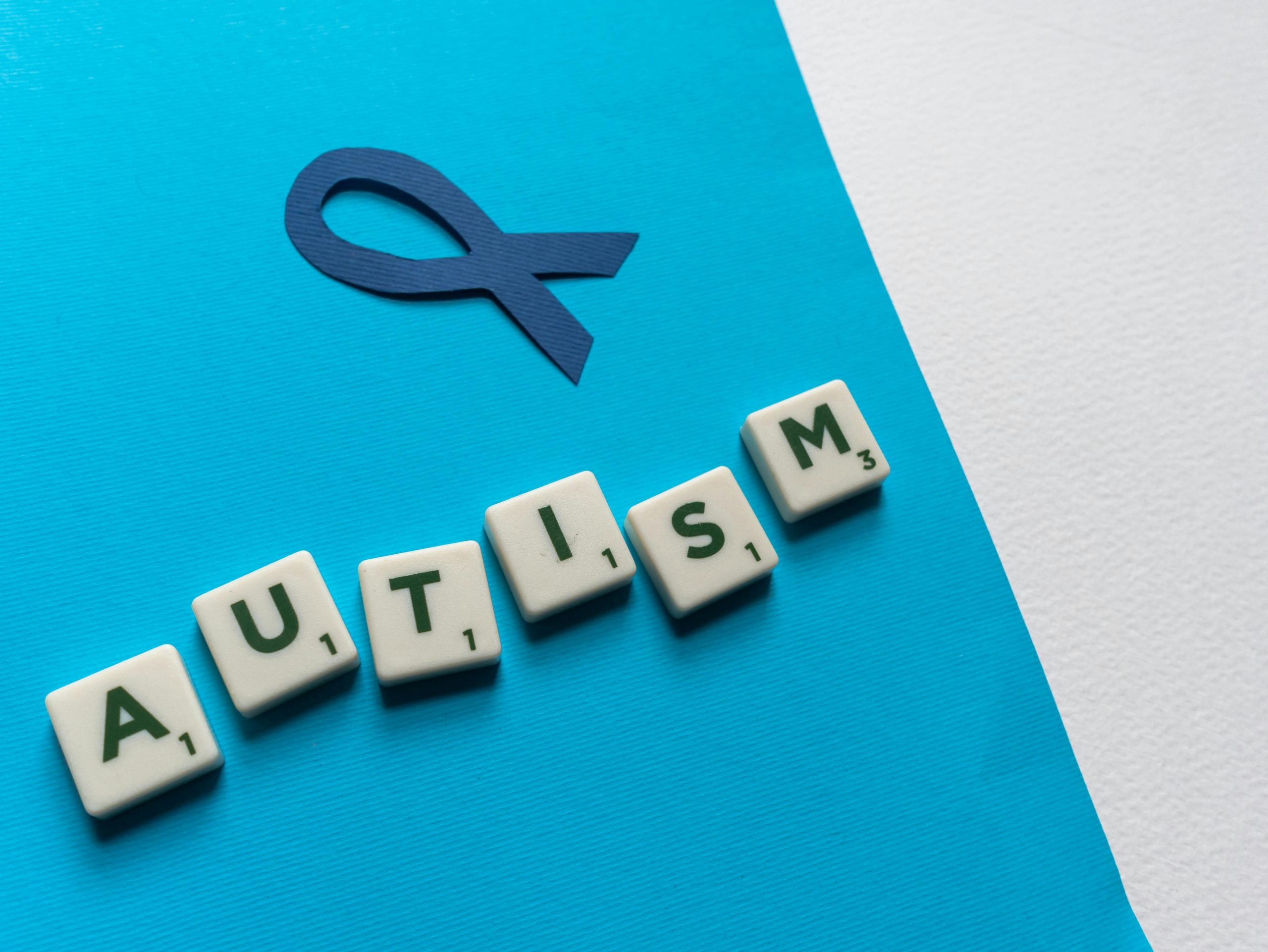Parenting any child is not an easy task, and mothers who have to deal with children positioned on the autism spectrum may have to endure some strange feelings, duties, and victories. Every day can also be a mix of certain unseen efforts and certain very special moments of interactivity. It is a path that requires a tough individual, love, and an understanding that their children is special.
What are autism behaviours
One of the first things observed by most mothers relates to the actions that are characteristic of children. For instance, hand flapping autism is a common self-stimulatory behavior that children may use to express excitement, regulate emotions, or cope with overwhelming environments. Despite what other people may choose to think and stare, or even ask questions, mothers soon realize that they are normal and that these mannerisms are just how the child perceives the world. Recognition of these expressions and acknowledgement will reflect a modest approach to helping the needs of their child.
The emotional journey of mothers
Having a mother is just like riding a roller coaster to raise an autistic child. Concerns might be present, especially amidst the absence of understanding on the part of schools, relatives, or even the community, all through feelings of worry, guilt, and fear. But such obstacles are also interlaced with the moments of joy- the child has learnt something new, speaks in some new way, or just smiles. The mothers describe such moments being milestones, which turn out to be more rewarding because of the hard work associated with them.
Developing a good supporting system
A parent cannot be left to walk the path of taking a child with autism alone. Support systems are highly essential when it comes to confronting the realities of the day. This could be in the form of therapy programs or autism support groups, or encountering other parents online, and these networks give a feeling of community to the mothers. They relate because they exchange experiences, offer advice, and remind other people that they are not the only ones in the world.
Advocacy and education
Mothers turn into the best protectors of their children. They have been working endlessly to ensure that teachers, child care providers, and even their friends are made aware of autism and how they can effectively handle it when it applies to their child. Such advocacy is beneficial to the children because not only would they receive proper education accommodation, but also would be respected and understood. There are also personal obligations that mothers undertake, which is always to learn about autism, and this would make the mothers learn survival and developmental strategies that would make their children gainful and more independent.
Unbreakable bonds
Nonetheless, the majority of the mothers assert that their relationship with their autistic child is irreparable. They are conditioned to know about patience, empathy, and unconditionality. All the challenges that have been addressed in common strengthen this bond, leading to a bond of trust and perseverance. These relationships are quite conspicuous interventions that revive the joy of celebrating diversity and individual life.
Takeaway
Having a child who has an autism disorder is not a bed of roses; it is, however, a process of love, strength, and an uncompromising connection. In the example of the mothers, any burden faced by them with their child would be moderated by the depths of the relational delights and triumphs. The fights may not be noticeable by others, but the perseverance and persistence of such mothers are so evident, and they do not just transform the lives of their children, but also impressively change their lives.
Ellen Diamond, a psychology graduate from the University of Hertfordshire, has a keen interest in the fields of mental health, wellness, and lifestyle.








